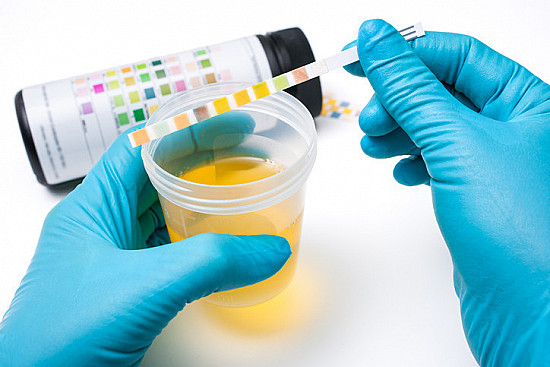Natural ways to treat an enlarged prostate

An enlarged prostate gland, or benign prostatic hyperplasia (BPH), is a common problem in men over the age of 50. For reasons that remain unclear, the walnut-shaped gland under the bladder continues to grow gradually in most adult men. Over a lifetime, the cumulative growth can be considerable. If the gland becomes enlarged enough to obstruct the bladder, it can cause bothersome symptoms like a weak urine stream, difficulty with completely emptying the bladder, and frequent trips to the bathroom.
If you experience these symptoms, talk with your doctor. A physical exam and some blood tests can help identify the path to relief.
Some simple changes in behavior can help to ease urinary symptoms whether you choose treatment or not:
- Avoid drinking fluids for one to two hours before bed.
- Limit fluid intake before going out in public or starting a trip.
- Urinate when you first get the urge.
- Go to the bathroom on a timed schedule, even if you don't feel a need to go.
- When you go to the bathroom, take the time to empty your bladder completely. This will reduce the need for subsequent trips to the toilet.
- Common over-the-counter drugs, such as antihistamines and decongestants, may slow your stream even more and potentially block your ability to empty your bladder.
To learn more about BPH, its causes, symptoms, and treatments, read Living Better with Benign Prostatic Hyperplasia, an online guide from Harvard Medical School.
Image: © ogichobanov/Getty Images
Disclaimer:
As a service to our readers, Harvard Health Publishing provides access to our library of archived content. Please note the date of last review or update on all articles.
No content on this site, regardless of date, should ever be used as a substitute for direct medical advice from your doctor or other qualified clinician.















